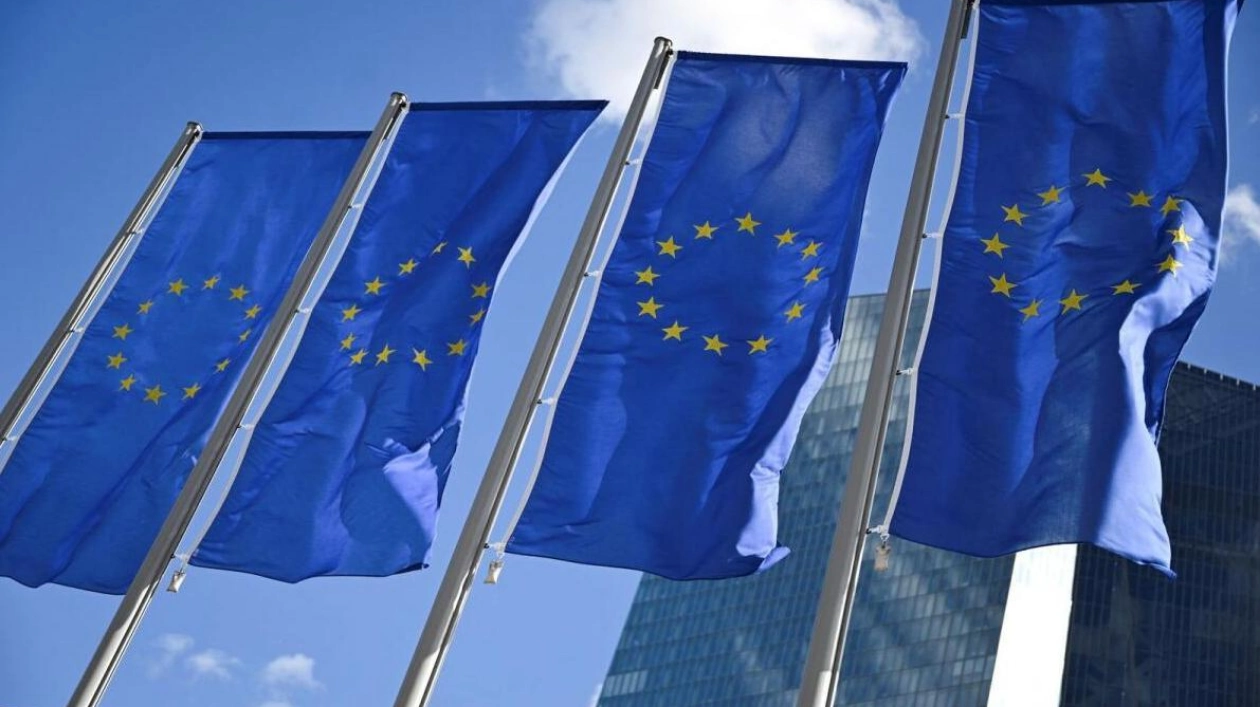UniCredit, Italy’s second-largest bank, has acquired a 9 per cent stake in Germany’s Commerzbank and is seeking approval to potentially increase this to 29.9 per cent, according to sources who spoke to Reuters. These sources also indicated that UniCredit would be open to a full takeover bid. However, for UniCredit to raise its stake in Commerzbank above 10 per cent, it will require approval from the European Central Bank (ECB), the supervisor of the eurozone’s largest banks.
Here’s a summary of the ECB’s role in this process. When does the ECB intervene? The ECB’s approval is necessary if a shareholder intends to acquire 10 per cent or more in a supervised lender. There are additional thresholds at 20 per cent, 30 per cent, and 50 per cent. However, a buyer can apply to acquire any stake, allowing them to bypass interim reviews if they are already cleared for a larger stake.
What does the ECB examine? UniCredit will need to inform the ECB of its ultimate objectives, and the supervisors will evaluate its proposal based on this information. The ECB scrutinizes factors such as the buyer’s reputation, the quality of board members they would appoint, the buyer’s financial health, and the target’s ability to meet supervisory requirements. While the criteria allow some flexibility, the ECB must ultimately decide if UniCredit can afford to buy Commerzbank and remain financially sound, and whether the combined entity would be stronger.
UniCredit is a well-capitalized bank with substantial cash reserves and robust profitability. It boasts a common equity tier 1 (CET1) capital ratio of 16.2 per cent, significantly above its target range of 12.5 per cent to 13.0 per cent, despite its generous dividend and share buy-back programs.
Would the ECB support a merger? It’s difficult to predict without knowing UniCredit’s specific goals. However, there are indications that if structured appropriately, the ECB could endorse it. The ECB has consistently emphasized that cross-border mergers are beneficial due to inefficiencies and high costs in the eurozone banking sector. Eurozone banks are also lagging behind their much larger U.S. counterparts.
“Cross-border mergers have been anticipated by many authorities, and it will be fascinating to observe this process unfold in the coming weeks,” said ECB President Christine Lagarde last week. Bundesbank chief Joachim Nagel has remained relatively neutral but has outlined conditions for support.
“We need strong and resilient banks so that companies can address and finance their future challenges,” Nagel stated this week. “In the event of potential mergers, it is crucial that a competitive institution is formed that can best fulfill this role.”
What can previous mergers teach us? In the largest bank deal this year, the ECB approved a 12 billion euro ($13.4 billion) bid by BBVA to acquire smaller Spanish rival Sabadell, only for the deal to be blocked by the Spanish government. Securing ECB approval may not be UniCredit’s greatest challenge; a takeover of Commerzbank would have profound political implications, as it would see Germany, Europe’s largest economy, relinquish control of its second-largest bank.
How long is the process? The ECB has 60 days to approve a request, which can be extended by an additional 30 days. The process typically consumes most of this time, so a swift decision is unlikely. Who makes the decision? The ECB supervisory board, comprising representatives from all eurozone members, must approve any deal, and the rate-setting Governing Council would also review it under a non-objection procedure.






